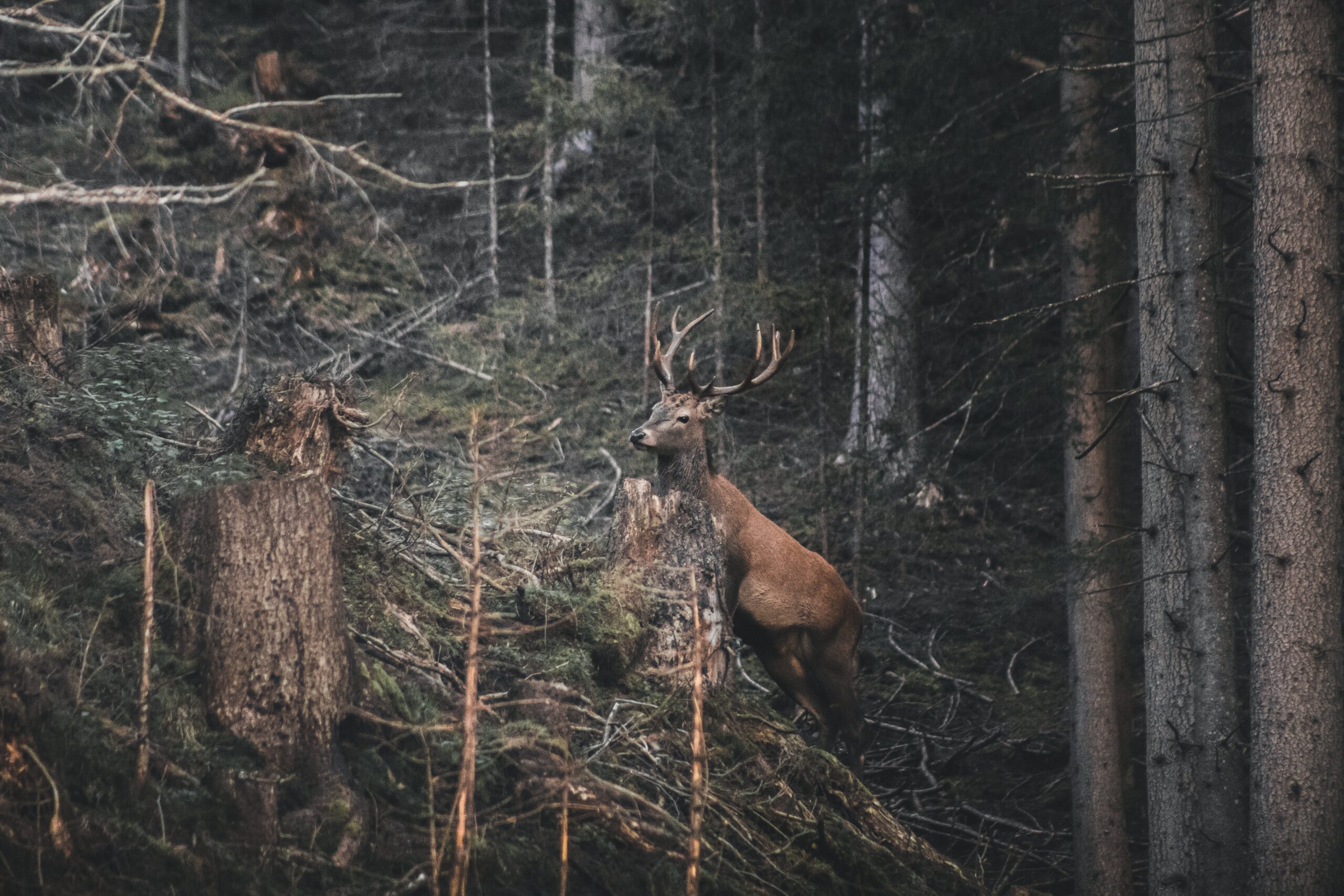Deer hunting is one of the most popular reasons people want to lease rural recreational land. A deer hunting lease is a win-win situation; the lessee gets private access to habitat and deer and the landowner gets to monetize property that otherwise might have been dormant.
But finding the right lease requires knowledge of terms and things to look for. We’ve compiled some key pointers specific to deer hunting leases to help you find your perfect first lease. (If you’re new to leasing land, check out our comprehensive guide here.)
Terrain
This one may seem obvious, but it’s worth mentioning that you want land with both open and wooded areas. The best land will have a wide variety of terrain — hills, ridges, and brushy areas — that provide cover and sustenance to deer year-round. Any sort of fruit-bearing bushes or trees are a huge bonus.
Deer Stand
Is it included or not? Is there a way you can put your own up? Some lessors help you set it up, either as part of the lease or for an extra charge.
What kind of evidence of game do they provide?
The lessor should be upfront about signs of wildlife on the tract. Have there been recent sightings of harvestable deer? Are there scrapes, rubs, or trails? You should also ask whether or not the tract is surrounded by other hunting properties. A heavily hunted area can be a red flag, so double-check for evidence of game in these areas.
Food plots, water sources, and other habitat improvements
All deer hunting leases should ideally have natural forage available as well as an adequate water source. Any type of stream or pond will do. Meadows, pastureland and agricultural plots are all great food sources for deer and should be readily available.
Harvest Terms
How many deer are you allowed to harvest? Does the lessor require that you report the harvests with photo documentation? Many landowners strive to preserve hunting by limiting harvests or specifying the age and sex of deer to be hunted. Of course, all applicable State laws should be followed.
Improvements
Some lessors are happy to allow you to add food plots or other improvements, others won’t. If you’re allowed to make improvements to the land to your liking, this gives you a sense of ownership — something many experienced hunters seek out.
If you check out each of these points, you’ll be able to make a much more informed decision before you choose your deer lease. Sometimes lessors even allow you to hunt turkeys in that season or utilize a trout stream or lake on the property. Good luck finding the perfect lease!

